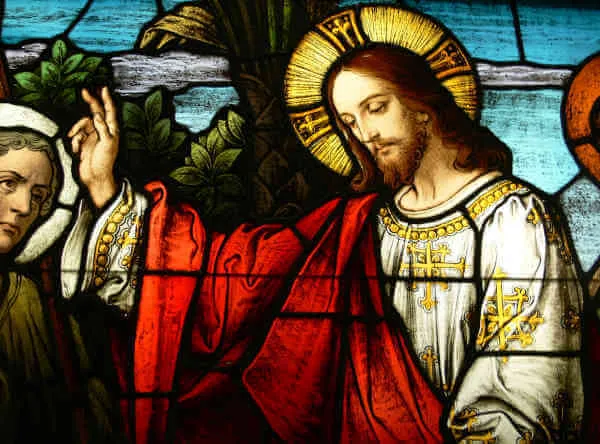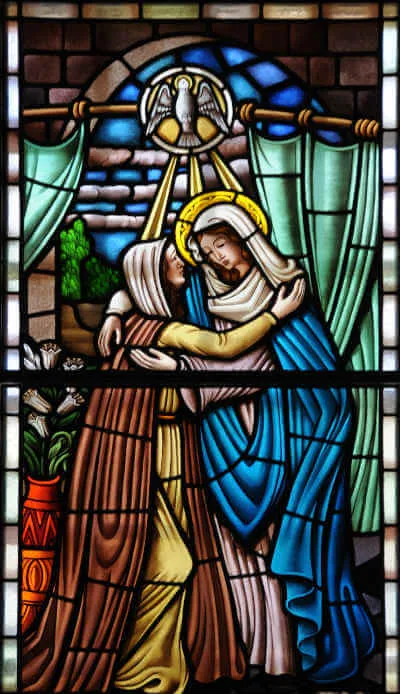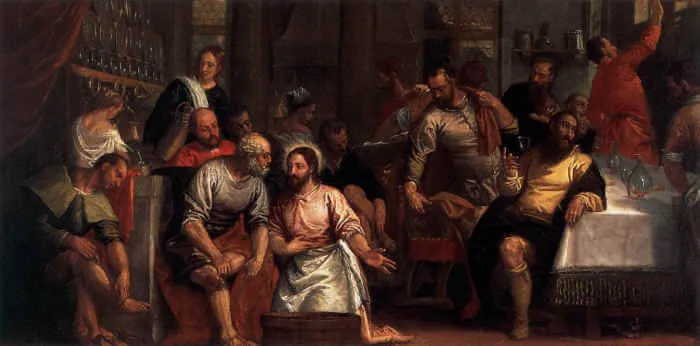John 17:14-15
Rejecting the evil one
“I gave them your word, and the world hated them, because they do not belong to the world any more than I belong to the world. I do not ask that you take them out of the world but that you keep them from the Evil One.”
Reflection:
Unfortunately, the evil one is real. He is the highest of the fallen angels who retain their natural spiritual power given them at their creation. God created all angelic creatures with the purpose of serving His holy will. The Scripture reveals that there are nine levels or “choirs” to which these angelic creatures belong. Among the fallen angels, the highest of them directs the others, and he is traditionally given the name Lucifer or “the devil.”
One of the natural spiritual powers that these fallen angelic creatures retain is the power of influence and suggestive thought. They were created to be messengers of God’s truth to us; but, in their fallen state, they seek to communicate confusion and lies instead. Therefore, it is very helpful to understand the way the evil one and the other fallen angels communicate to us so that we can reject their lies and listen only to the voice of God.
In his rules for the discernment of spirits, Saint Ignatius of Loyola explains that when a person is going “from mortal sin to mortal sin,” the evil one and the other demons continually propose to their imagination the “apparent pleasures” and “sensual delights” that they obtain from their sin as a way of keeping them firmly controlled by that sin. However, when a person is “intensely cleansing their sins and rising from good to better,” the evil one and the other demons act in a contrary way. They will “bite, sadden and put obstacles, disquieting with false reasons, that one may not go on” in their pursuit of holiness. God and the good angels will act in the opposite way. For those immersed in sin, God and the good angels will use “the opposite method, pricking them and biting their consciences through the process of reason” so as to draw them away from sin. And when a person is, in fact, growing in holiness, God and the good angels will “give courage and strength, consolations, tears, inspirations and quiet, easing, and putting away all obstacles, that one may go on in well doing” (See mycatholic.life/ignatius).
These spiritual lessons on the discernment of spirits are of great value and will assist you on your daily struggle with sin and your daily pursuit of holiness. Understanding the deceptions of the evil one and discerning the promptings of grace given by God bring clarity to our daily lives and direction to all of our actions. The good news that is revealed by the Scripture passage above is that our Lord is fully aware of the working of the evil one, has prayed for you and will assist you as you seek to combat these lies and deceptions in your life.
Reflect, today, upon the importance of learning how to discern both the voice of God and the lies of the evil one. Work to discern the voice of God so that you may follow Him more faithfully. And seek to discern the lies of the evil one so that you will not be influenced by him and can directly reject him. Commit yourself to a more rigorous discernment of these spiritual experiences in your life and allow this prayer of Jesus to direct you into His holy will.
Source: https://catholic-daily-reflections.com/2025/06/03/rejecting-the-evil-one-4/













